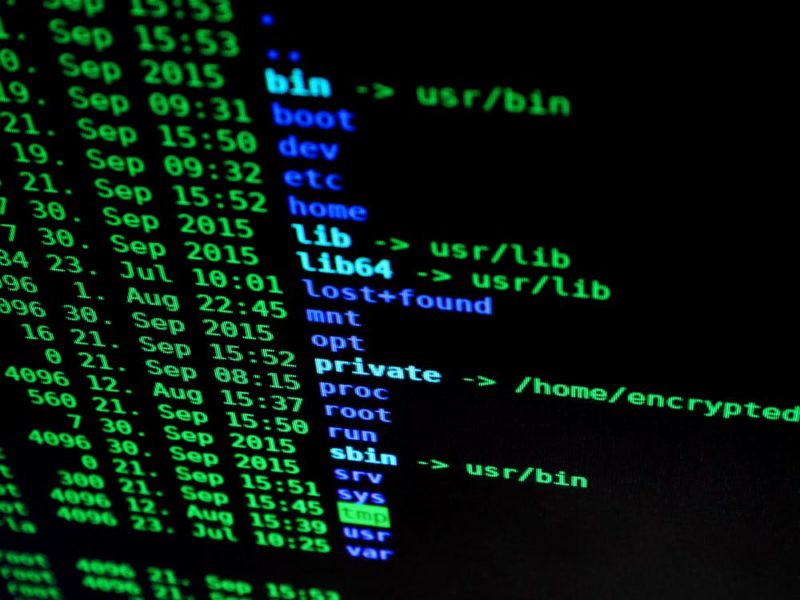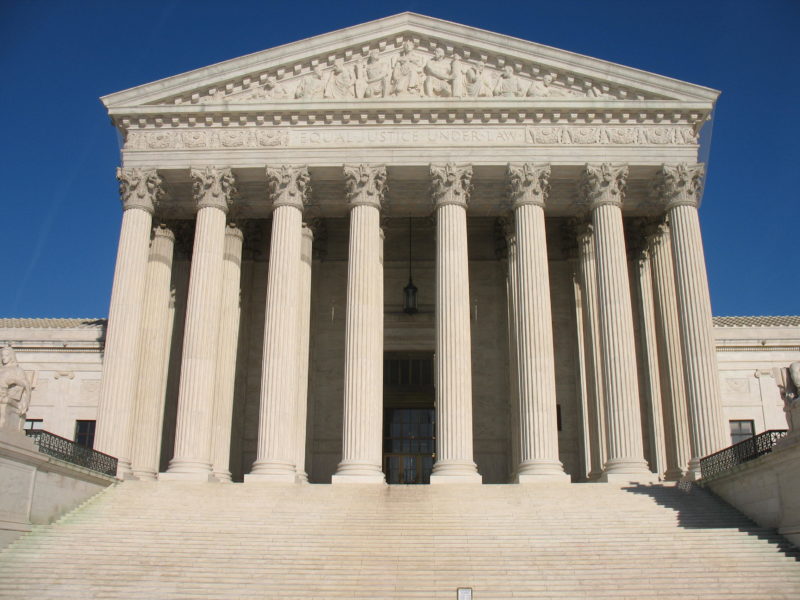Client Management in Disclosure Schedules
By Aaron Sokoloff
The preparation of disclosure schedules is typically one of the most time-intensive aspects of a financing or M&A transaction. In larger firms, this process is often in the hands of a junior associate, since the junior associate is usually the closest to the diligence materials that are the source of much of the information in the schedules. However, this practice gives the misleading impression that disclosure schedules are a straightforward exercise. In fact, the preparation of disclosure schedules often involves some tricky client management issues that can challenge even senior lawyers.









